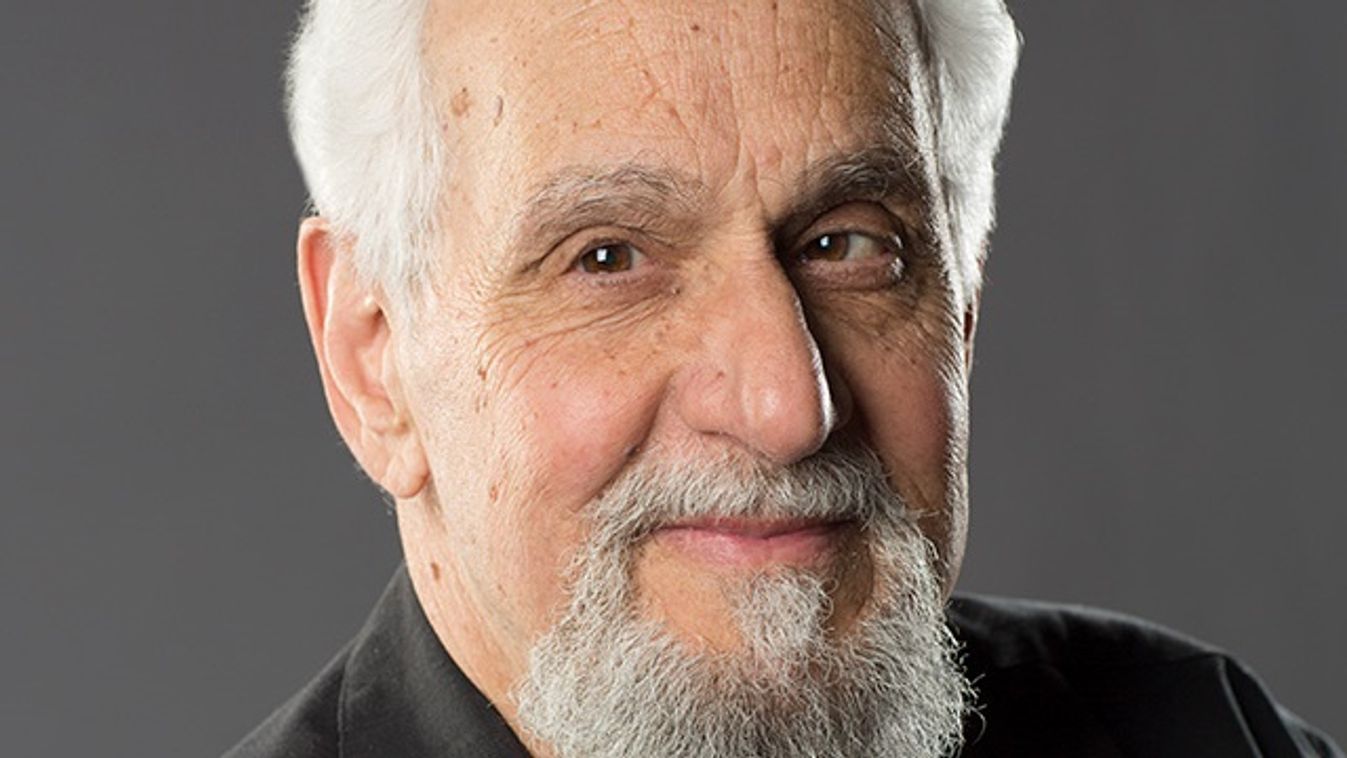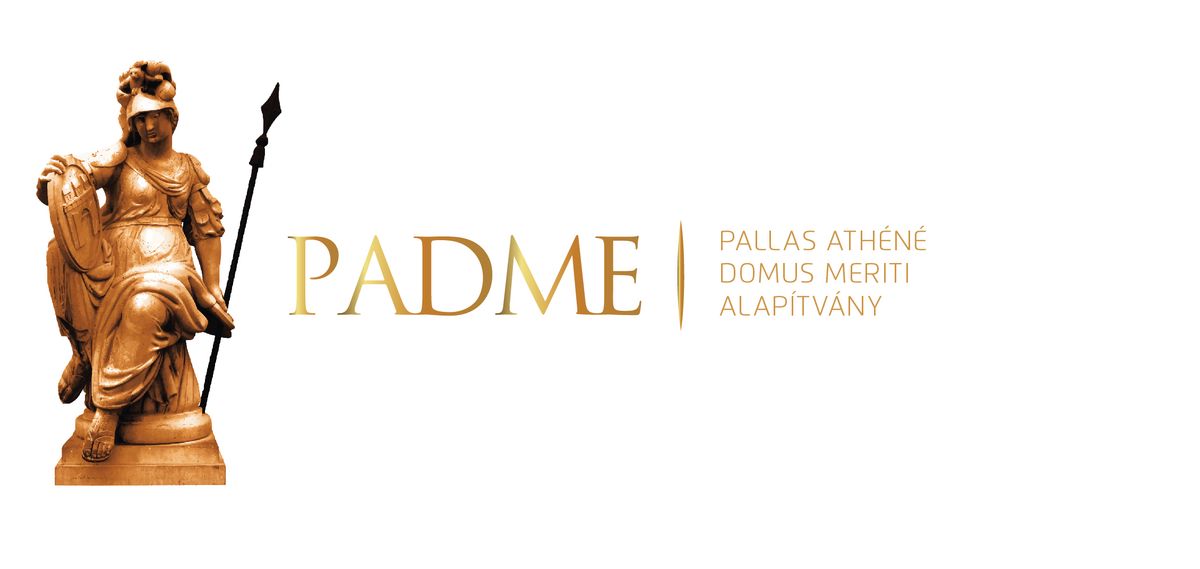Kellemetlen: elhangzott az eddigi legfontosabb mondat Magyar Péter rejtélyes videójáról

Bár a drogos bulibotrány nagyon zavaros, az biztos: Magyar Péter zsarolható – mutatott rá az elemző.

The modern “administrative state” established its hegemony, without the necessity of establishing its political legitimacy. Political allegiance to the nation state is challenged by the public and private knowledge elites who obtained access to the rational structures that have established a global order comprised of national and international political institutions of governments, public and private organizations, and NGO’s – pointed out by John Marini, Professor of Political Science at the University of Nevada in a conversation in the interview series of Lénárd Sándor, researcher at the American Studies Research Institute of the National University of Public Service, located in Budapest.

You are the author of the fascinating book, Unmasking the Administrative State. The Crises of American Politics in the Twenty-First Century in which you attempt to show how a bureaucratic “administrative state” has gradually supplanted the limited and representative government in the United States. Can you tell us what is the historical turning point in the transformation of limited government constitutionalism into an administrative state?
The replacement of constitutionalism by administrative rule occurred on two levels; the one practical, or political, and the other theoretical. The most important turning point in the transformation of American political culture and institutions occurred in the realm of ideas. Political thought determines the understanding of the political good, or justice. It establishes the legitimacy, or justification, of politics, policy, and law itself. By the end of the 19th century, philosophy of History had undermined the principled ground of constitutionalism, which had been established on a theoretical understanding of nature derived from philosophic, or metaphysical, reason. Subsequently, History, understood in terms of its rationality, would establish the intellectual and moral meaning of the past and future. That theoretical transformation provided the intellectual ground that legitimized the progressive movement of the 20th century which authorized and established the administrative state.

How did it influence the theories on the state?
The administrative state, or rational state, as Hegel described it, is legitimized by the discovery of the rationality of the historical process itself. The end of History, in Hegel’s view, is self-consciousness of Mind. That discovery established not only the rational meaning of the past, or History, but revealed the end, and purpose, of a future that could be understood only in terms of the inevitability of change, and the necessity of ongoing progress. The rational State is a social organism, both ethical and rational, a structure established for the administration of progress. However, it was meant to transcend, and replace, political rule. It is the rule of organized knowledge, or social intelligence, derived from empirical or scientific rationality. Hegel, like Max Weber at a later time, assumed that all economic and social structures, public or private, would become dependent upon technical, or rational, knowledge. The theoretical justification for rational authority derived from the necessity of establishing social intelligence, or organized knowledge, as essential to social and political progress. The power of government cannot be limited, its purpose is to solve all social and economic problems. It must of necessity utilize the empirical, or scientific, method as central to the cultivation of useful knowledge on behalf of the solution to those problems. As a result, science and social science has become essential to the continuous transformation of economic and social life. Administration would replace politics as indispensable in establishing the theoretical and practical conditions required for the rational management of human progress.
Can you shed some lights on the concept of “administrative state” and explain why it poses a major threat to a limited and representative democracy that was envisioned by the Founders?
The Constitution still structures the legal institutions of American government, but it no longer animates its spirit. Throughout much of the last half of the twentieth century, the administrative state was put in place by the political institutions of American government. But, that transformation revealed a more profound dilemma. Is the administrative state compatible with constitutional government? That question cannot be answered simply with respect to laws, institutions, or even politics understood simply in terms of elections, or majority rule. It can be understood only in terms of the legitimacy, and relevance, of the theoretical principles that have established the foundations of the authority of law, government, and the Constitution itself. American Constitutional government was created in order to authorize and institutionalize popular, or political, rule. It legitimized the sovereignty of the people, but not merely as established by the majority. In its origin, it was a social or political compact established in defense of their individual liberty, their rights and property. Governmental institutions themselves, therefore, derived their legitimacy from the consent of the governed, the people themselves. Consequently, the office holder’s authority derived from the Constitution, and the power of government was subordinated to its constitutional purposes.
What is your view concerning the phenomenon of the “administrative state” in the European continent with regards to the EU?
It has become clear that nearly all modern governments and economic and social organizations of all types are dependent upon rational administrative structures. The EU is a prime example of the attempt to establish rational rule. Not surprisingly, the great Hegelian scholar, Alexander Kojeve, who became a French civil servant after World War II, was one of the most important intellectual architects of a supra-national European Union. He played an important role in establishing GATT and the European Economic Community. He knew that administration and regulation are at the center of government in a rational state. Moreover, he insisted that the rational state is historically destined to become a universal homogeneous state. In Europe, as well as in America, the more pressing practical or political question revolves around the difficulty of making administrative rule compatible with political rule as established within a national or constitutional order. In the aftermath of WW II, the intellectual authority of History made it possible for political officeholders to willingly abdicate their power, which had been established on the authority of the nation, the constitution, and the people themselves. Consequently, the modern administrative state established its hegemony, without the necessity of establishing its political legitimacy.
You wrote that one of the major objectives of the Trump administration is to “drain the swamp”. Why does President Trump become an existential threat to the intellectual elite that brought about the “administrative state”?
In America, the continued growth of the administrative state has established such expansive powers within the central administrative structure that those powers cannot be easily circumscribed in a manner that is compatible with constitutional limitations. Nor, can each of the political institutions, established as separate powers, function amicably in a constitutional manner, one that requires each branch to pursue public policies from an institutional perspective, on the one hand; but, on behalf of a public purpose, or common good, on the other. Consequently, the political institutions of the national government have had difficulty understanding their political power in terms of their institutional or constitutional purpose. The Constitution, itself, has been interpreted in a manner that has facilitated the adaptation of the political institutions of government to the requirements imposed by the administrative state. Consequently, Congress, as an institution, has found itself in a curious and paradoxical position. It has attempted to retain its preeminent place as the central political branch of government, while at the same time giving up the fundamental power that established its preeminence. Congress has willingly relinquished much of its lawmaking power. It did so, by delegating significant lawmaking authority to an administrative and regulatory apparatus. This legislatively created edifice was established, incrementally, and served as the foundation for an executive branch bureaucracy. It was meant to establish a new, and more rational, decision making process. But, unlike constitutional rule, bureaucratic rule has become the rule of organized knowledge on behalf of organized economic and social interests. Those policies have been administered through states and local governments, public and private organizations, nation states and international organizations as well. It is the public and private knowledge elites who have obtained unique, or privileged, positions in terms of access to the rational structures that have established a global order comprised of national and international political institutions of governments, public and private organizations, and NGO’s. Political allegiance to the nation state can no longer be taken for granted.
You also pointed out in this book that the Watergate scandal along with the impeachment efforts against President Richard Nixon took the wind out of the sails of the Nixon administration which intended to rein in the then strengthening “administrative state”. In light of this observation, what is your view on the current impeachment efforts against President Trump?
Richard Nixon was president when the administrative state was consolidated in Washington. The bureaucracy looked forward to its continued expansion. Nixon was the first elected president to see that administrative rule was incompatible with the political rule. Without access to those who have actual power (bureaucracy), it becomes impossible for the people to consent to government. In his second term, Nixon attempted to decentralize political and administrative power, returning it to the states and local governments. He failed. Some forty years later, it appears that Donald Trump has attempted to restore political rule, under conditions far less favorable than those faced by Nixon. That outcome remains to be seen. We have reached the point in which it is an agent of government itself – the bureaucracy – that has established the purpose, unity, and the rational authority of the political branches. Moreover, the bureaucracy has become a faction on behalf of centralized administrative rule. It is no longer the neutral, bipartisan, servant of its political masters. In short, after nearly a half century of its growth, the bureaucracy has established itself as the conservative defender of progressive liberalism. In short, when the institutions of government can no longer deliberate, let alone establish the meaning of a common good of society, meaningful politics would appear to be at its end. The necessity of reconciling rational rule and political rule in a manner compatible with democratic self-government may be the great problem that has or will plague all modern governments that have understood themselves in terms of the nation state.
***
A cikk a Pallas Athéné Domeus Educationis Alapítvány támogatásával valósult meg.
